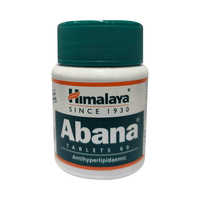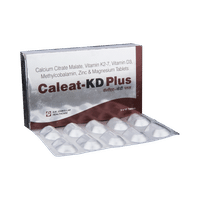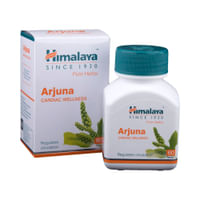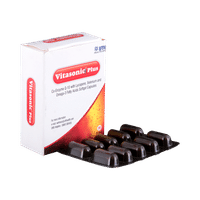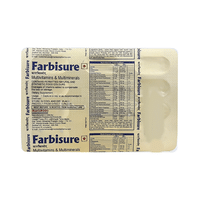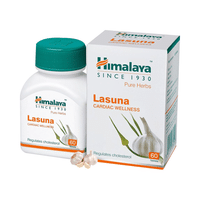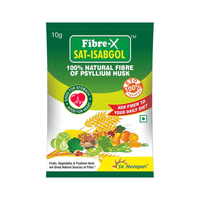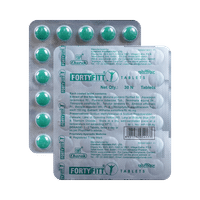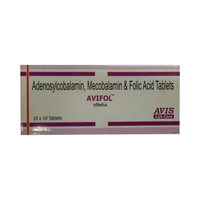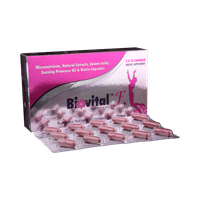Beta L 750mg Injection

Rs.58.20for 1 vial(s) (1 Injection each)
food interaction for Beta L Injection
alcohol interaction for Beta L Injection
pregnancy interaction for Beta L Injection
lactation interaction for Beta L Injection
food
alcohol
pregnancy
lactation
No interaction found/established
It is unsafe to consume alcohol with Beta L 750mg Injection.
UNSAFE
Beta L 750mg Injection may be unsafe to use during pregnancy. Although there are limited studies in humans, animal studies have shown harmful effects on the developing baby. Your doctor will weigh the benefits and any potential risks before prescribing it to you. Please consult your doctor.
CONSULT YOUR DOCTOR
Beta L 750mg Injection is probably safe to use during breastfeeding. Limited human data suggests that the drug does not represent any significant risk to the baby.
SAFE IF PRESCRIBED
SALT INFORMATION FOR Beta L 750mg Injection
Labetalol(750mg)
Beta l injection uses
{med_name} is used in the treatment of hypertensive emergency.
How beta l injection works
Beta L 750mg Injection is an alpha and beta blocker. It works by slowing down the heart rate and relaxing blood vessels which makes the heart more efficient at pumping blood around the body.
Common side effects of beta l injection
Dizziness, Vomiting, Fatigue, Impotence, Paresthesia (tingling or pricking sensation), Nausea, Edema (swelling), Cold extremities
SUBSTITUTES FOR Beta L Injection
No substitutes foundExpert advice FOR Beta L Injection
- It is given as an injection into veins or as drip under the supervision of a medical professional.
- Check your blood pressure 1 week after starting Labetalol, and inform your doctor if it has not improved.
- Labetalol may cause dizziness or sleepiness. Do not drive or do anything requiring concentration until you know how it affects you.
- It may cause you to feel lightheaded or weak especially when you stand up (orthostatic hypotension). Rise slowly if you have been sitting or lying down.
- It is best to avoid drinking alcohol while taking Labetalol as it may make the side effects worse.
- Do not stop taking Labetalol suddenly as it can cause your blood pressure to rise suddenly, thereby increasing the risk of heart attack and stroke.
Frequently asked questions FOR Beta L 750mg Injection
Labetalol
Q. Is Beta L 750mg Injection safe?
Beta L 750mg Injection is generally considered a safe medicine if it is taken as directed by the doctor. The side effects that result with use of Beta L 750mg Injection occur during the first few weeks of treatment and disappear with time.
Q. Why is Beta L 750mg Injection used in pregnancy?
It is important to appropriately treat high blood pressure in pregnancy. Studies have shown that poorly controlled high blood pressure in pregnancy can lead to an increased risk of certain birth defects, stillbirth, reduced growth of the baby within the womb, and premature birth. For some women with high blood pressure, treatment with Beta L 750mg Injection in pregnancy might be considered to be the best option. Your doctor is the best person to help you decide what is right for you and your baby.
Q. Does Beta L 750mg Injection cause itching?
Yes, itchy skin, a rash or tingly scalp are common side effects of Beta L 750mg Injection. Speak to your doctor if the itchiness or rash gets worse or lasts for more than a week.













